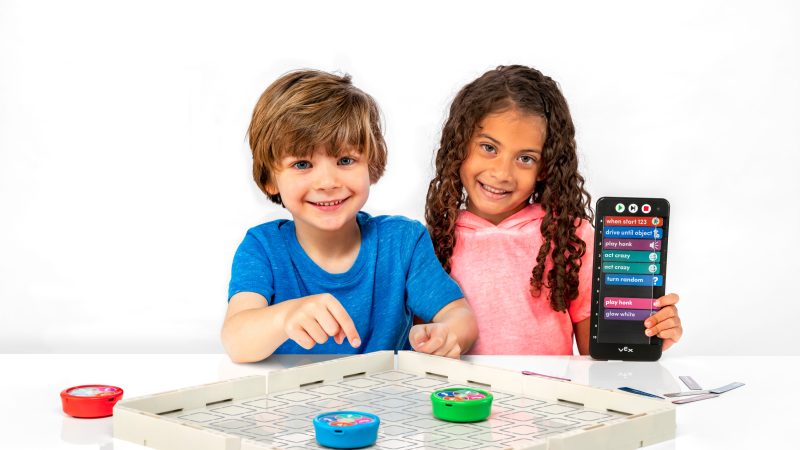Edtech – how to find the right solution for your school

Gordon Reid shares his advice on navigating edtech research…

- by Gordon Reid

Back in March 2020, educators were faced with a level of disruption to classroom teaching that no one was fully prepared for.
Overnight, new methods of teaching and learning were brought in to help combat the new challenges we had to face, with lessons delivered from our kitchens, children taught from home with support from their siblings and parents, and our ability to adapt and react quickly and efficiently put to the test.
It became immediately clear that technology had to be how we were going to make the new remote normal work as best we could.
Many of us were no doubt already familiar with various edtech solutions as they were becoming more and more embedded in our classrooms and daily teaching plans.
And we might have also noticed just how much opinion was beginning to surface on how beneficial the right solution could be for schools.
A report from the Westminster think-tank, Reform back in 2018, championed its potential to ‘improve outcomes of every pupil… particularly those from disadvantaged backgrounds.’
While the potential for edtech became more apparent to – in the words of Brookings researchers – particularly reward ‘disadvantaged or underserved communities as a unifying force that encourages collaboration.’
With so much research and opinion out there, it was and still is hard to navigate what to take on board and what to ignore.
What might spark a great conversation in your next departmental meeting and what might go down like a lead balloon?
There’s a lot of research out there, particularly surrounding edtech, and it’s only increasing, with the recent pandemic sparking the launch of numerous studies on the loss of learning and how technology can support recovery. So how do you sift through the reports and guidance to get to what’s sound, useful and relevant to you? Especially when you’re already bombarded with information overload at school and at home? Here’s a few of my top tips for engaging with edtech research to get you started.
Trending
- Go broad
You want to start, as you would with anything these days, by searching online. You’ll encounter a variety of results from academic sources, news media outlets, books, small think-tanks, blogs and charitable organisations. You’ll uncover results from all across the globe, and that’s OK. Edtech solutions are often distributed globally, and trends and insights uncovered in research studies often have a wider relevance than they may have previously.
There are three key factors I always look for when I come across research: The authors, the dates the research was conducted and published, and the sample size where applicable. Are they experts in their field? Is it recent enough to be relevant? Are the findings based on enough respondents?
After looking through your search results, have a look on Twitter and LinkedIn, too – both are great places to find articles and thought-pieces on edtech. Your friends and colleagues may share things that they’ve come across; you might hear something mentioned at an event; or you might see research referenced on the news – all are great sources for you to explore in order to narrow down what you want to bookmark and refer to later. There’s never any harm in opening yourself up to a variety of perspectives so you can start to spot what resonates with you.
We have such busy days as teachers, it can be hard to make time to look ahead, to think about the reasons behind what we do and why we do it, but if you can, try and book some time out to refer to some of the sources you’ve saved. There’s every chance you’ll get derailed and have to cover a colleague’s class, but if not, you might just stumble across something that could spark an idea for your curriculum or change the course of your planning for the better.
In the fast-moving landscape that is edtech, and like anything in education, it’s so valuable to keep an ear to the ground for what might be happening now and what could unfold in the future. Let the researchers do the work for you and then sample what you need so that you can remain aware, implement change, and look ahead.
Gordon Reid is a principal teacher in North Lanarkshire and co-owner at G&C Education.







